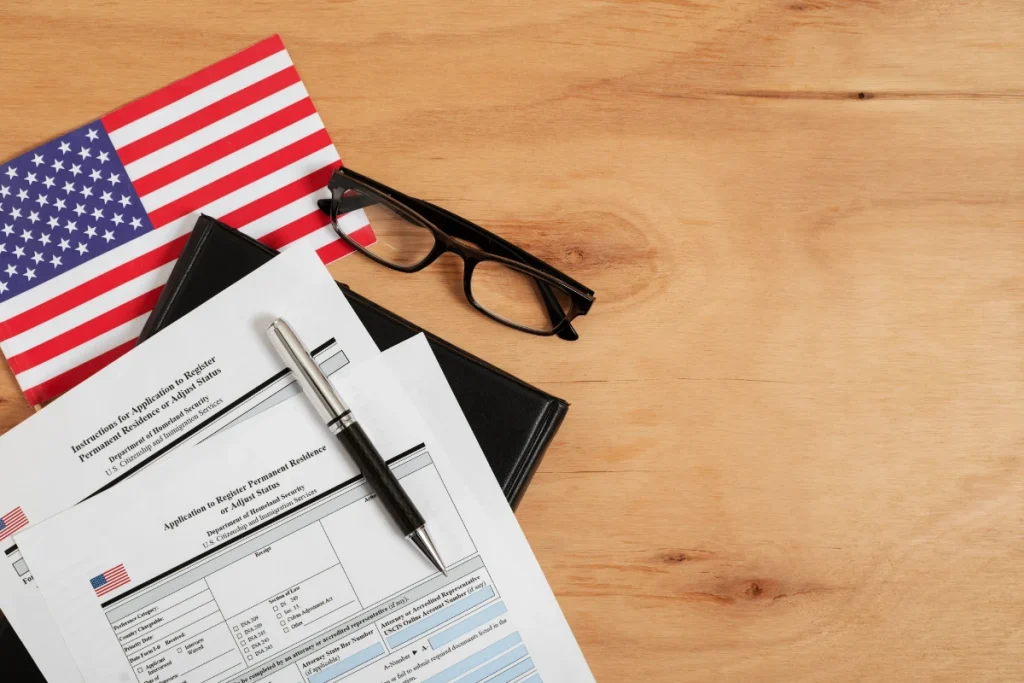As digital assets become more popular, the need to understand digital asset tax reporting is more pressing than ever. These changes mean new reporting rules, new forms, and potential penalties if requirements aren’t met. To help with the transition, the IRS issued transitional tax relief under Notices 2024-56 and 2025-33, yet it’s still tightening oversight on every token. In this blog, we break down what the IRS considers a digital asset, how to answer the crypto question on your tax return, what Form 1099-DA means for you, and how Bronx tax services like SCL Tax Services can guide you through your steps.

The IRS defines a digital asset as a digital representation of value that exists on a blockchain or similar technology. It is important to remember when it comes to tax purposes, Digital Assets Aren’t Currency—They’re Property. This means People should report gains and losses when they sell, trade, or use these assets in deals.
Bitcoin and Ethereum: the two largest cryptocurrencies by market capitalization, used for both investment and payments.
Stablecoins: Tokens pegged to the U.S. dollar to maintain a 1:1 peg with it or another stable asset (e.g., USDT, USDC).
NFTs: Unique, non-fungible tokens secured on a blockchain; often representing digital art or collectibles.
Since each transaction creates a taxable event, accurate digital asset tax reporting demands rigorous record-keeping: wallet addresses, transaction IDs, UTC timestamps, and fair-market values (FMVs) at transaction dates.
Every tax return now has a question that asks if you received, sold, exchanged, or otherwise disposed of a digital asset during the year. Here’s how to know what your answer should be:
Answer “Yes” if you:
• Sold crypto for fiat currency
• Exchanged one digital asset for another
• Received digital assets as payment
• Earned mining or staking rewards
• Used crypto to pay for goods or services
Answer “No” if you:
• Only held crypto in a wallet
• Transferred digital assets between your wallets
• Had no activity involving exchanges or payments

Form 1099-DA, “Digital Asset Proceeds From Broker Transactions,” is the IRS’s first official slip for reporting crypto trades. Brokers must provide copies to both taxpayers and the IRS, starting with 2025 trades. Cost-basis reporting becomes mandatory in 2026 for covered digital assets, and cost-basis reporting will be phased in by 2027. The form itself consists of:
• Digital Asset Identifier: This field specifies which asset was involved, such as BTC, ETH, or a particular NFT. It may include contract addresses, ticker symbols, or platform-specific codes.
• Date Acquired & Date Disposed: Whenever you obtain or sell an asset, these fields will record the date and time. These determine whether the gain or loss will be long-term or short-term.
• Quantity and Units: The amount of goods involved in the transaction is indicated in full coins, tokens, or fractions of the same thing. Totality and quantity.
• Gross Proceeds: This is the total amount you receive when a capital asset is sold. Whether you know the assets’ cost basis or not, the gross proceeds are similar.
• Gain or Loss Indicator: An indicator of the gain or loss. If gross proceeds and cost of acquisition are provided, these figures indicate whether the sale was a profit or a loss.
As mentioned earlier, rolling out Form 1099-DA isn’t a simple switch—it’s a complicated transition that requires new systems, new processes, and a lot of catching up. The IRS knows this. That’s why it’s offering phased relief to give brokers (and indirectly, taxpayers) time to get it right.
Here’s what’s been officially announced:
Notice 2024-56 (Applies to 2025 Filings):
• No penalties for brokers who fail to file or furnish Form 1099-DA for the 2025 tax year
• Backup withholding (normally 24%) won’t apply to digital asset transactions in 2025
• Relief only applies if brokers are acting in good faith and working toward compliance
Notice 2025-33 (Extends Relief to 2026):
• Penalty relief continues through 2026
• In 2027, backup withholding can be avoided if the broker’s TIN matches the payee’s information
• A limited safe harbor allows brokers to calculate withholding based on proceeds if the asset value drops below the cost before sale

While the IRS transitional tax relief under Notices 2024-56 and 2025-33 gives brokers time to adapt, this delay doesn’t mean taxpayers or crypto tax reporting can afford to wait. Instead, it’s a narrow window to organize records, clarify reporting responsibilities, and get expert help from tax professionals who understand digital asset activity. For individuals and businesses in the Bronx, this is exactly where experienced tax services in & near the Bronx come in.
With new IRS requirements like Form 1099-DA approaching, taxpayers should use this transitional period to review prior transactions, set up better tracking systems, and consult with a qualified tax accountant before penalties and backup withholding take effect. Whether you’re a crypto entrepreneur who is not familiar with crypto tax reporting or just a NFT enthusiast, you need reliable bookkeeping to track fair-market values, wallet transfers, staking income, and more. And when tax time comes around, accurate tax prep can make all the difference in avoiding mistakes.
At SCL Tax Services, we help our clients navigate the ever-changing digital asset rules. Our Bronx-based team offers end-to-end tax prep, crypto-focused business taxes, and full-service tax accounting. We don’t just plug in numbers—we walk you through the rules, reconcile your forms, and prepare you for what’s ahead. If you’re looking for reliable Bronx tax services with experience in traditional and blockchain transactions, now is the time to act. Let us help you use this IRS tax relief period wisely—so when 2027 comes around, you’ll be ready!
A digital asset is basically a digital form of value recorded on a blockchain or similar technology. For taxes, it’s treated as property, not as money.
Form 1099-DA is the official way the IRS wants brokers to report digital asset transactions. Starting in 2025, brokers will have to send this form to both taxpayers and the IRS so gains and losses are reported correctly.
The IRS understands this is a big change, so they’re giving brokers a breakUnder Notices 2024-56 and 2025-33, brokers won’t face penalties in 2025 and 2026 if they’re trying to comply in good faith.
Starting in 2027, things get stricter. Brokers may have to withhold taxes if their records don’t match the payee’s info, and they’ll have to track the cost basis of digital assets sold.
We are here to relieve you of the tax pressure by offering a wide range of Tax Services In & Near Bronx, NY. If you need expert advice or need us to complete your taxes, we will provide it for you. We know you work hard, so we work hard to serve your needs.
Your time is valuable, which is why we are here for you.